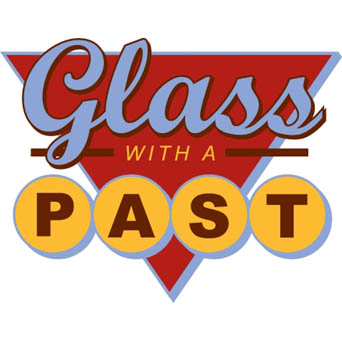I’ve gotten a number of questions about fusing with chalk to make holes, so I thought I’d give it at try and see how it goes. I started with chalkboard and sidewalk chalk, both of these were from my local grocery store.
Since I was also fusing a large batch of donuts, it seemed like the logical thing to just use those.
The thin chalk stick was easy to snap into pieces, but the sidewalk chalk is very soft and hard to break without crushing it, so I used my handy hacksaw. The chalk is also very dusty, so I wore a mask.
Once I had discs of chalk, I added them to the center of my donuts. I also carefully sawed a few into shapes, just to see what would happen. The thin chalk I put in the center of my Bombay Micro Donuts.
I decided to add one more test to the mix, since testing is where it’s at. I painted one of the thin chalk pieces with kilnwash and left the other one uncoated, just to see what would happen.
Then I fused the whole batch using my standard full fuse schedule.
Sadly, the heart and the star didn’t work as well as I had hoped. The hexagon and circles worked well though.
Here are some donuts fused without chalk for contrast.
Now, the kiln wash test, here are the donuts after fusing.
It does look like the chalk with the kilnwash worked a bit better. Here are some micro donuts fused without chalk for contrast.
Here are the things I learned from these tests:
- Smooth sided chalk works best, some of my glass hung up on the ‘Crayola’ on the sidewalk chalk
- Sidewalk chalk is much softer than chalkboard chalk, and easier to remove after fusing
- Kilnwashing the chalk helps.
Other uses for chalk in bottle glass fusing:
- Use chalk to hold the bottle neck open during fusing so you can put the cork back when it’s finished
- Use large chalk under the bottle neck to give a slumped shape to the neck
- Use strips of thin chalk under the bottle to make raised soap dish style areas
Other stuff:
I checked in my handy local Environmental Health and Safety expert to make sure the colors in the chalk wouldn’t turn into anything nasty when fired (it won’t). And I vented the kiln to outside while firing.
Related products:
Ready to Fuse Bottle Glass Donuts
Related Articles:
Fused Bottle Glass Donuts and Rings
Mica Decals on Fused Glass Donuts
Leaf and Droplet Shaped Donuts
- Pin and Share!
- Plaster is a dust hazard













